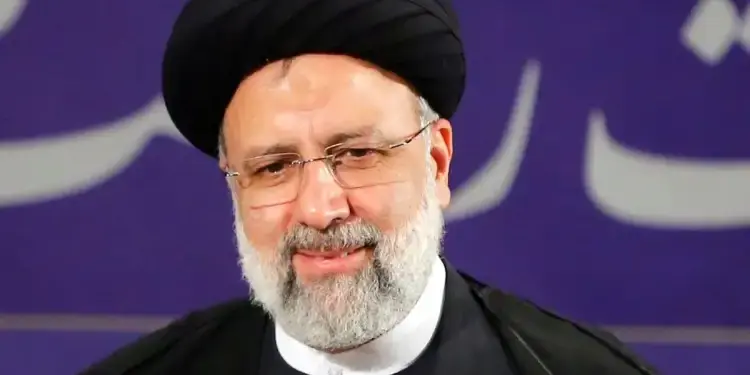The contradictory information on the incident involving the helicopter of President Ebrahim Raisi illustrates how tense and uncertain the situation is. Although the details remain vague, with reports evoking a simple “forced landing” or a possible crash, the potential political and geopolitical consequences are enormous.
On the one hand, if Raisi and the other senior officials such as the Minister of Foreign Affairs Amirabdollahian came to lose his life, this would inevitably cause a major leadership crisis in a country already shaken by internal dissensions and major geopolitical challenges. Iran is at a critical turning point, after having led an unprecedented drone and missile attack last month against Israel and enriched uranium at levels close to nuclear weapons, to the chagrin of Western powers.
Such a tragedy would open the way to a transition from chaotic power, stirring up the influence struggles between conservatives and reformers to take control in a context of emptiness of power. The Constitution provides for presidential elections within 50 days, but the Supreme Guide Khamenei, now weakened at 83, could seek to short-circuit the democratic process.
On the other hand, if Raisi and his entourage are unscathed, this would avoid a hazardous political transition in a particularly sensitive and volatile moment for Tehran. Iran is indeed faced with a large -scale internal protest movement, the manifestations of recent years against Shiite theocracy and for women’s rights having recently intensified. The war between Israel, Hamas, to Gaza since last weekend, also stirs up regional tensions.
Be that as it may, this dramatic incident, bluntly highlights the fragility of the Iranian political system and the power struggles that cover within it, as the delicate question of the succession of the aging supreme guide Ali Khamenei. Reforming factions and conservatives are already positioning themselves for the post-Khamenei and try to place their pawns.
On the international scene, a sudden change in management in Tehran would also have a considerable impact and would risk further inverting the tensions already exacerbated with Israel, the United States and its allies on the very sensitive file of the Iranian nuclear program. A standoff is promised to pursue the efforts of Raisi or not to acquire the atomic weapon.
This drama, although its outcome remains uncertain, forcefully illustrates the immense interior challenges and external to which Iran must face in a potentially pivotal period of its history. Whether it is ultimately a simple unhappy incident or the prelude to a historic turning point, the next few days and weeks will be absolutely crucial to determine the future of the country and the Islamic Republic.








